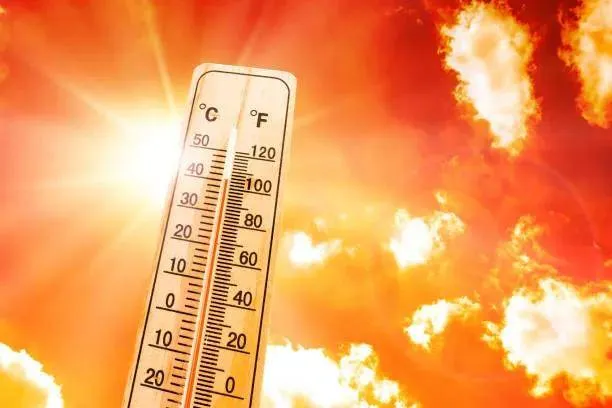Research: If the world warms by 4 degrees, the average person will be 40% poorer
Stockholm, April 2 (Hibya) - Experts say that previous economic models underestimated the impact of global warming and possible “cascading supply chain disruptions”. According to a new study, economic models have systematically underestimated how global warming will affect people’s wealth; a 4-degree warming would make the average person 40% poorer—almost four times higher than some earlier estimates.
A study by Australian scientists suggests that even if warming is kept to 2 degrees above pre-industrial levels, the average global GDP per capita would drop by 16%. This is significantly more than the 1.4% decrease estimated by earlier models.
Scientists now predict that global temperatures will rise by 2.1 degrees even if countries meet their short- and long-term climate goals.
In recent years, criticism has grown against a set of economic tools known as Integrated Assessment Models (IAMs), used to guide government investments to reduce greenhouse gas emissions. These models have been accused of failing to capture the major risks of climate change, especially extreme weather events.
The new study, published in Environmental Research Letters, enhances one of the most popular economic models with climate change forecasts to better capture the effects of extreme weather events on global supply chains.
Dr. Timothy Neal of the Climate Risk and Response Institute at the University of New South Wales, and the lead author of the study, said the new research looked at the possible impacts of a 4-degree global warming—seen as catastrophic by many climate experts—and found it would make the average person 40% poorer. Without model improvements, this figure was around 11%.
Neal said that earlier economic models that concluded high levels of global warming would have only modest effects on the global economy had “profound implications for climate policy.”
He added that these economic models tend to only account for local weather changes, rather than how extreme weather events like droughts or floods can disrupt global supply chains.
"In a hotter future, we can expect cascading supply chain disruptions triggered by extreme weather events worldwide," Neal said.
British News Agency
















